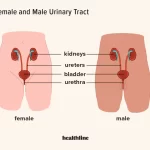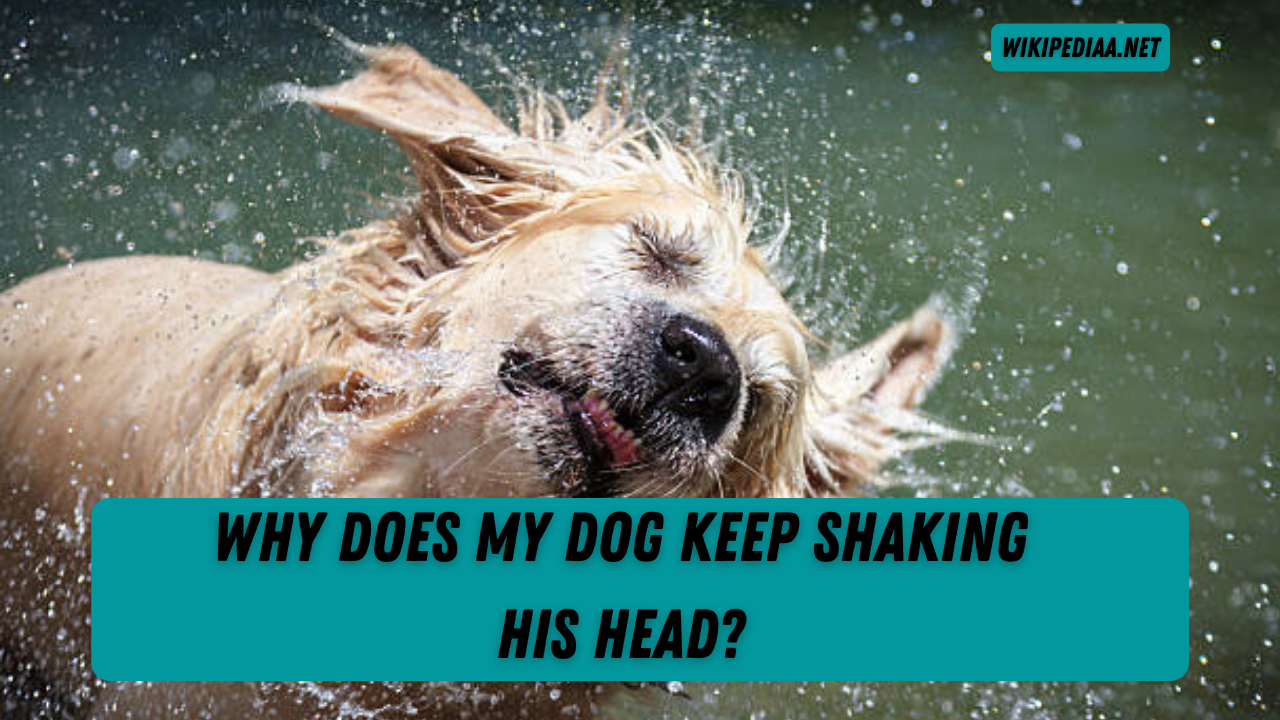Some dogs shake their head more than others, but it can be alarming when this becomes excessive. Dogs will usually shake their head to get rid of something they dislike. If it persists, take them in to see your vet!
Dogs that shake their heads too often might have some ailment or infection from which they could benefit from visiting a veterinarian. For example, if the dog shakes the head and there is an ear infection or rupture and pain, it may lead to other problems such as deafness, further infection, injury or illness.
Here’s what your dog’s head shaking can mean and what you can do about it.
Ear Damage Or Blockage
A foreign body can get lodged in your dog’s ear.
Grass awns and flies commonly bite at dogs’ ears, causing pain or irritation. Allergens also cause issues for our canine friends; these irritants can find their way into the ear canal and block it, giving them issues with embarrassment.
Wax buildup in the ear canal can also create discomfort for Fido. Many things can damage or block the ears of your dog, so it’s a good idea to regularly check their ears for signs of external discomfort.
You might notice excessive head shaking as an indication that something is wrong with them (or there might be reasons entirely unrelated to the health of your pet!).
Examine for sores, foreign objects, and other blockages as these may be causing damage or irritation, which you’ll likely be able to get rid of by consulting a professional in dogs’ wellbeing.
Otitis
otitis externa is an inflammation of the outer ear canal often caused by an allergy. Unfortunately, the outer ear canal becomes swollen, allowing bacteria and yeast to grow, creating a secondary infection.
If your dog has a bad smell coming from their ears or an obvious ear odour, you will need to take them to the vet as soon as possible. There are many causes for this condition.

The treatment usually involves cleaning out the ears and applying some topical medication to help eliminate any excess substances in the ear canal area – like dirt and other debris and bacteria, which can result in an infection.
Failure to treat this may result in deafness, further infection, or other illnesses.
Must read: Can you spay a cat in heat? (Five reasons)
Ear Vasculitis
Ear Vasculitis is typically found in dogs.
Syndromes are caused by immune disease, Autoimmune disorder, Drug or vaccine interaction, Graft versus host disease from bone marrow transplantation, allergies, Tick-borne illnesses or other environmental factors.
You may notice red or purple bumps on your dog’s skin, fluid-filled blisters under its skin, sores, swelling of its legs, or other symptoms. Ulcers may develop that rupture when they are moved around.
These are causes for a quick trip to the vet. Treatment will likely include antibiotics if the condition is caused by bacterial infection. For example Ear
Hematomas
One cause of hematomas can be appeared dog’s head does when it’s infected with an ear.
When a dog shakes its head so often, blood vessels in the flap-like part of the dog’s ears can rupture and cause blood to collect there.
This process is capable of causing the animal to shake its head even more, which can result in hematomas that may last for several weeks and maybe .
The important thing is to treat the initial condition that caused a dog’s head to shake and any hematoma that may arise. Your vet may drain the hematoma with a needle or even go on to perform surgery.
Depending on what treatment your pooch requires, your vet will either bandage their ear postsurgery so they can’t continue to scratch at them or maybe recommend medication and suggest that you give your pup an oatmeal bath to soothe them.
Injury, Head Trauma, Or Chemical Exposure
Dogs may shake for a variety of reasons. If your dog has suffered a recent injury and dog keeps shaking his head especially the head, it can cause discomfort or affect its balance. They may very well start shaking to relieve the symptoms caused by their recent ailment, just as people do.
Dogs may also be shaking if they have recently experienced a stroke, inner ear infection, or vestibular syndrome.
Some chemicals or toxins will affect your dog’s nervous system and abnormal behaviour. You may also notice other symptoms like temporary blindness, which happens because chemicals block neurotransmitters, thus paralyzing sight.
You must work with a veterinarian if they’re experiencing these symptoms!

A minor injury may heal on its own, but the brain damage may not; you need to take it easy because the head shaking could last longer than anticipated without proper rest or treatment.
Has your dog ever started shaking their head a lot? What did you do for treatment? Let us know in the comments below!











